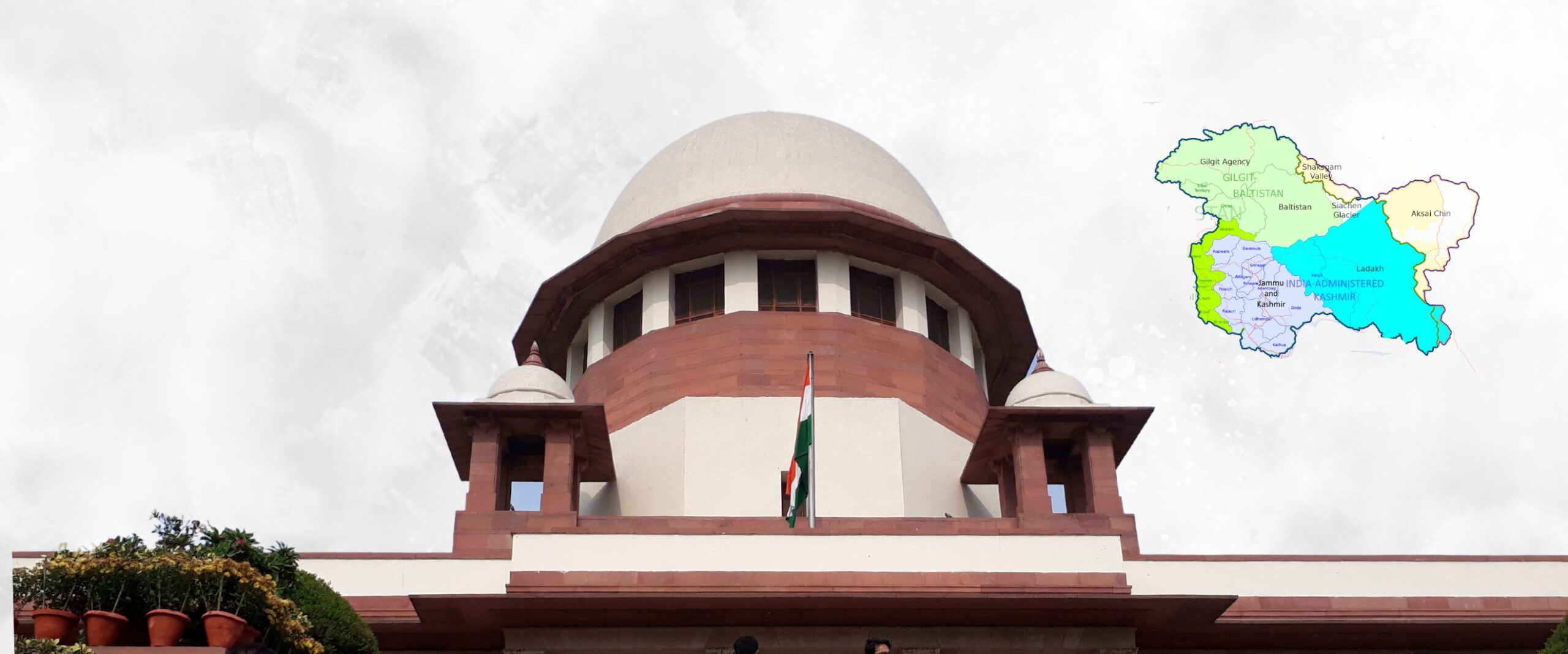
10 RIGHT TO INFORMATION
The Right to Information (RTI) is an act of the Parliament of India which sets out the rules and procedures regarding citizens' right to information. It replaced the former Freedom of Information Act, 2002.
Under the provisions of RTI Act, any citizen of India may request information from a "public authority" (a body of Government or "instrumentality of State") which is required to reply expeditiously or within thirty days. In case of matters involving a petitioner's life and liberty, the information has to be provided within 48 hours.
The Act also requires every public authority to computerise their records for wide dissemination and to proactively publish certain categories of information so that the citizens need minimum recourse to request for information formally.[1]
The RTI Bill was passed by Parliament of India on 15 June 2005 and came into force with effect from 12 October 2005.
Although Right to Information is not included as a Fundamental Right in the Constitution of India, it protects the fundamental rights to Freedom of Expression and Speech under Article 19(1)(a) and Right to Life and Personal Liberty under Article 21 guaranteed by the Constitution. The authorities under RTI Act 2005 are called public authorities.
Information disclosure in India had traditionally been restricted by the Official Secrets Act 1923 and various other special laws, which the new RTI Act overrides.
Right to Information codifies a fundamental right of the citizens of India. RTI has proven to be very useful, but is counteracted by the WhistleBlowers Protection Act, 2011.
The Right to Information (Amendment) Bill, 2019, seeks to amend Sections 13, 16, and 27 of the RTI Act. Section 13 of the original Act: It sets the term of the central Chief Information Commissioner and Information Commissioners at five years (or until the age of 65, whichever is earlier). Finally in Ashwanee K. In Singh's case on 20 September 2020, it was stabilised that the right to information is a fundamental right.
It has taken India 77 years to transition from an opaque system of governance, legitimised by the Colonial Official Secrets Act, to one where citizens can demand the right to information. The recent enactment of the Freedom of Information Act, 2005 marks a significant shift for Indian democracy, for the greater access of citizens to information, the greater responsiveness of government to community needs
Need for the Right to Information (RTI) :- In recent years, there has been an almost unstoppable global trend towards recognition of the right to information by countries, inter-governmental organisations, civil society and the people. The right to information has been recognised as a fundamental human right, which upholds the inherent dignity of human beings. The right to information forms the crucial underpinning of participatory democracy - it is essential to ensure accountability and good governance.
However, the free flow of information remains severely restricted by three factors.
The legislative framework includes several pieces of restrictive legislation, such as the Official Secrets Act, 1923;
The pervasive culture of secrecy and arrogance within the bureaucracy; and
The low levels of literacy and rights awareness amongst Indians.
